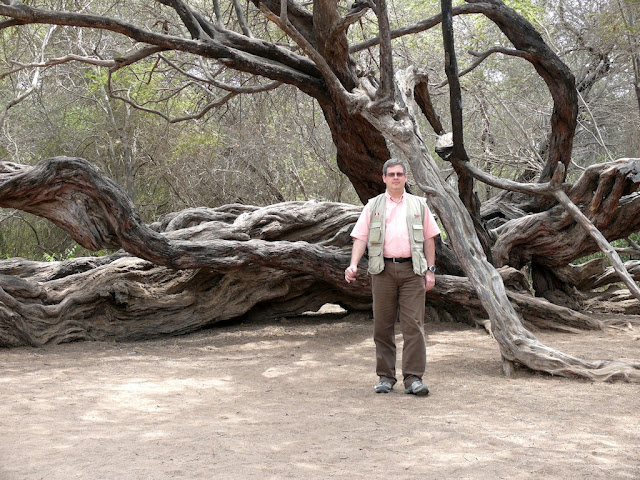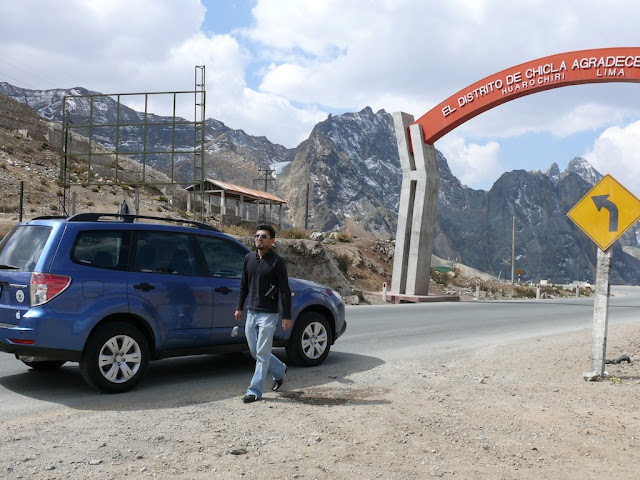Ecotourism: The enchanted forests of northern Peru
In Piura, Lambayeque and Tumbes one can find uniquely preserved forests which can not be found in any part of the world, ideal for nature experiences and adventure.
If you look at the map of Peru, you may notice that many of the protected areas lay within the country border line. It's smart policy of Sernanp, the entity responsible for the declaration and management of these protected areas: preserving these natural habitat and its borders.
When you cross the border with Ecuador, the Peruvian northern border, you note that the dry forest occupies large areas, while in Ecuador is much more intervened and affected.
NATURE AND CULTURE
This dry forest is a unique ecosystem on the planet. Peru stores in its territory highlights of global biodiversity and nature. The equatorial dry forest, which honours its name because most of the year is arid and depends for its life on rains from December to March and is located in the departments of Lambayeque, Piura and Tumbes and Ecuador. This feature makes it a living area with lots of animal and plant species, many endemic, i.e. only specimens that live in this place.
Therefore this dry forest has seven natural protected areas and various private ecotouruism concessions who care for this forest, one of them as an example is the Chaparri Forest Area, this was the first privately managed protected area. In Chaparry both the community and the NGO manage the protected areas where you can also stay at the Chaparri Lodge and observe the protected White-winged Guan as well as the Peruavian Spectle Bear.
In Amotape Hills National Park there are over 200 species of birds in a geological environment formed millions of years ago, long before amphibians appeared on the planet. But these protected areas also preserved petroglyphs such as the Laquipampa Wildlife Reserve, the prehispanic legacy Pomac Forest Historical Sanctuary and the ancient Inca trails to the mountains.
The equatorial dry forest also offers adventure practices such as hiking, camping, mountain biking and boating in areas adjacent to Ecuador. All this, together with its mild climate, the warmth of its people and a rich and diverse forest makes this unique in the world, a place to discover, enjoy and care.
Further Information concerning to related tours please contact: Martin Harbaum /mharbaum@mac.com




Comentarios
Publicar un comentario